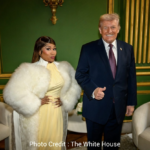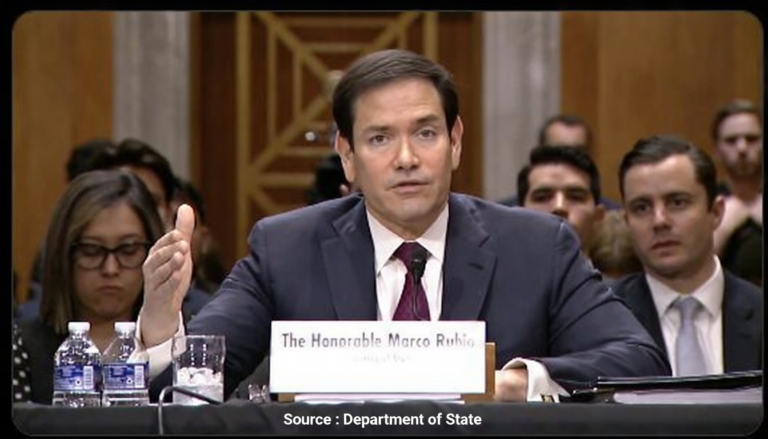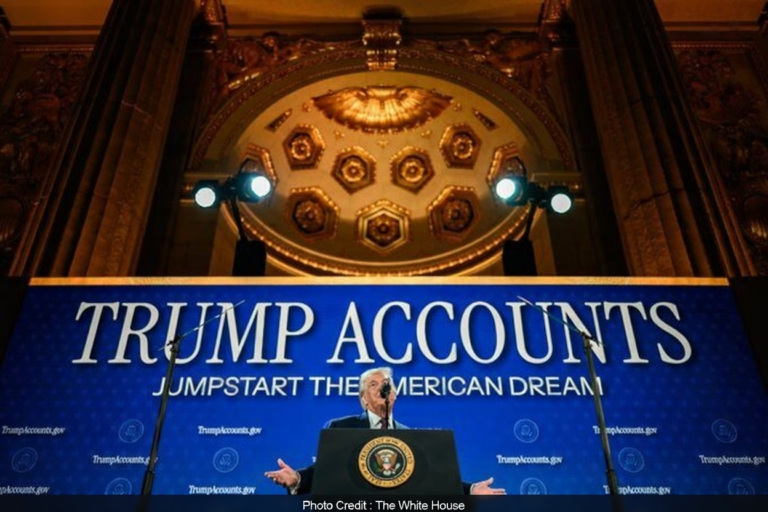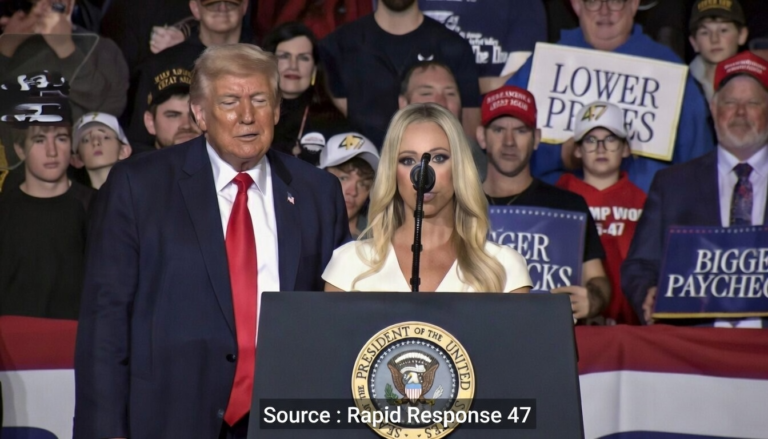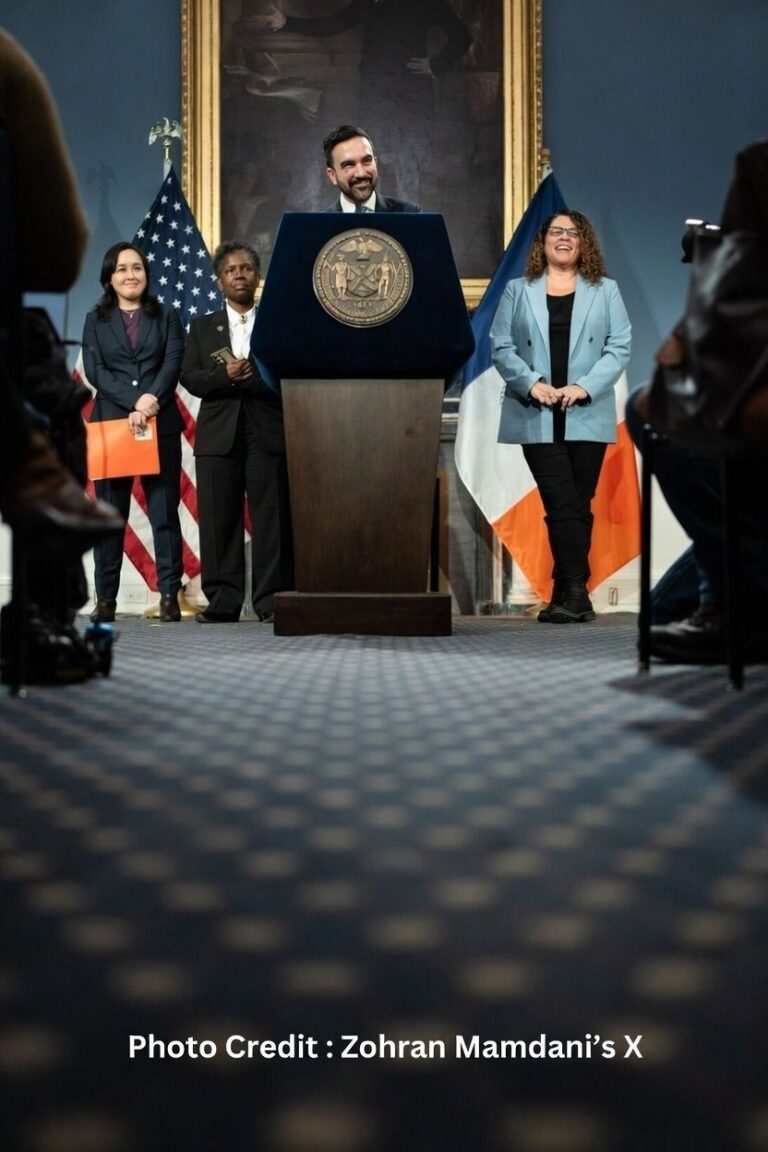

WASHINGTON D.C, July 7, 2025 – In a striking move to bolster U.S. economic dominance, President Donald J. Trump announced that any country aligning with the “anti-American policies” of the BRICS bloc will face an additional 10% tariff on imports to the United States. The policy, outlined in a Truth Social post shared on X by @TruthTrumpPosts at 10:24 PM ET on July 6, leaves no room for exceptions, signaling a hardline stance on global trade relations.
The BRICS alliance—comprising Brazil, Russia, India, China, and South Africa—has expanded its influence in recent years, welcoming new members like Egypt and the United Arab Emirates in 2023 as part of a push to enhance economic clout and challenge Western financial systems. Trump’s tariff targets nations perceived to support this bloc’s agenda, which includes efforts to reduce reliance on the U.S. dollar—a move analysts say faces significant hurdles given the dollar’s entrenched role in global trade.

This policy marks a continuation of Trump’s aggressive trade agenda in his second term, with U.S. tariff rates soaring to an average of 27% in early 2025—the highest in over a century, according to recent data. The administration has also introduced “secondary tariffs,” a novel tool aimed at third-party countries trading with sanctioned nations, further complicating global supply chains.
The announcement has sparked varied reactions online. Supporters, including @MohammadAzizi, hailed the move as a safeguard for America’s core interests, while critics like @Abhaycan2 labeled it a sign of U.S. weakness, likening the policy to a “wild mad dog” lashing out. Meanwhile, @joao8_32_JB from Brazil raised concerns about the region’s political climate, questioning the legitimacy of past elections amid rising tensions with the U.S.
Global sentiment toward the U.S. remains mixed, with a 2025 Pew Research poll indicating that 49% of Britons hold unfavorable views, a shift partly attributed to Trump’s trade policies. However, BRICS nations’ de-dollarization efforts continue to face challenges, as many member states’ economies still rely heavily on the dollar for trade and reserves.
As the world watches, this tariff escalation could reshape international alliances and trade dynamics, with experts predicting a ripple effect across markets. The Trump administration has yet to detail enforcement mechanisms, but the message is clear: alignment with BRICS comes at a steep economic cost.




